ESSENTIAL OILS - What Are They & How Do They Work
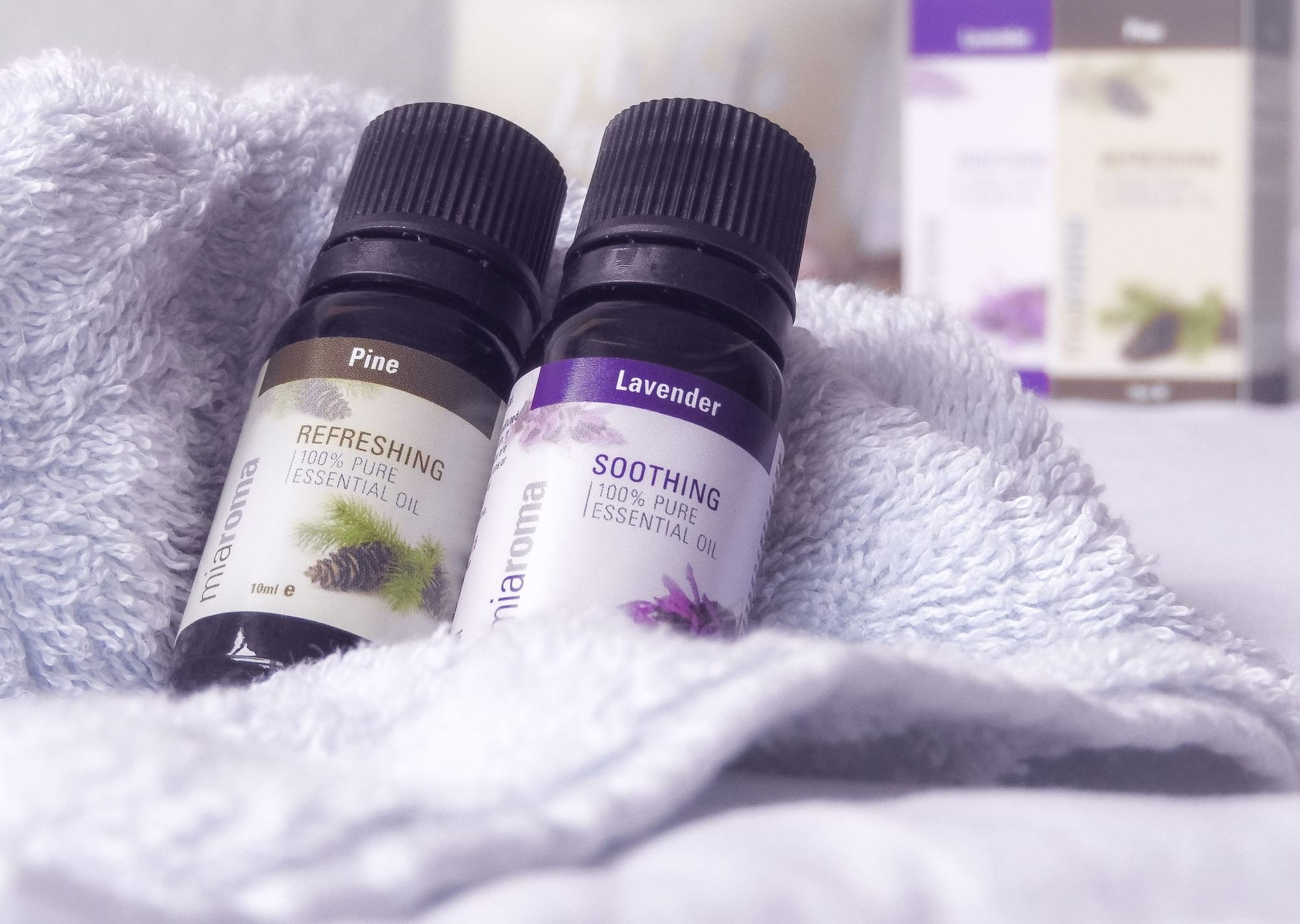
Essential Oils - What Are They, How Do They Work
and What is the Latest Research Saying about their Use and Healing Properties?
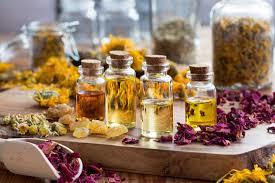
As an aromatherapist I am always on the lookout for new scientific research on the properties and benefits of using Essential Oils for emotional and physical well-being. I love to trawl through the internet looking for the newest articles, writings and studies from around the world to help me gain a better understanding of my form of complementary medicine.
As one of the Two Green Witches, formulating and producing natural, organic, plant-based skincare and haircare solutions also makes me curious as to how I can help our clients and customers with specific skin issues by the essential oils used in all of our creams, oils, balms and lotions.
So what are Essential Oils, how do they work and what is the latest research saying about their use and ‘healing’ properties?
What are Essential Oils?
Essential Oils are concentrated oils extracted from plants and trees from around the world that have been used for centuries to treat a variety of ailments, both emotional and physical.
To obtain these oils, or essences, a variety of methods can be used, the most popular being distillation. This method relies on the chemistry that oil will float on water. 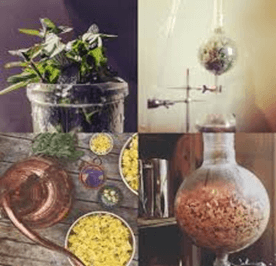
So let’s say we want to extract the essence or oil from lavender flowers, all the flowers are put into a large vat (or still) and high-pressure steam is run through them. The steam travels along a pipe and is cooled. The water that is produced from the steam cooling has small amounts of the essential oil floating on top which is then separated off. This pure essential oil is bottled ready for use.
How do they work?
Essential oils are absorbed through the skin and are quickly circulated around the body to the parts which need healing.
Try this fun experiment – rub a clove of garlic on the soles of someone’s feet. After about 20 minutes ask them to breathe on you. You will smell the garlic on their breath!
So you can see how essential oils will do the same thing when applied to the skin, but because the oils are so concentrated most are best used diluted in creams, oils, lotions and balms or inhaled.
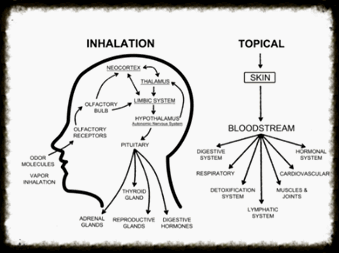
What does the latest research say about Essential Oils and their ‘healing’ benefits and properties?
Although essential oils have been used therapeutically for centuries, there is little published research on many of them. This is starting to change with clinical studies currently underway in Europe, the United States, and other countries around the world. These studies have started to describe the remarkable healing properties of various oils and the benefits of using essential oils to help with common conditions and emotional well-being,
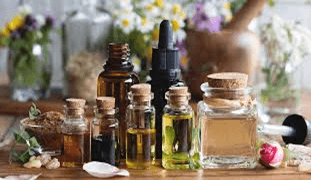
Medical News Today published an article in 2017 highlighting the benefits of using aromatherapy as a complementary therapy alongside conventional medicine. While
‘it does not provide a cure for diseases, rashes or other illnesses it can support conventional treatment of various conditions’.
The article goes on to say
‘it has been shown to reduce
- Nausea
- Pain and body aches
- Anxiety, agitation, stress and depression
- Fatigue and insomnia
- Muscular aches
- Headaches
- Circulatory problems
- Mensuration problems
- Menopausal problems
- Alopecia or hair loss’
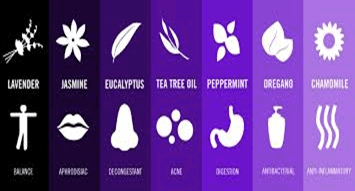
Another good article published in 2019 talks about types, benefits, uses and safety of essential oils, I’ve added the link here if you would like to read it for yourself.
https://www.healthline.com/nutrition/what-are-essential-oils
So what is the bottom line?
The bottom line for me, someone who is practicing aromatherapy and using essential oils in natural skincare and haircare products is that surely the benefits outweigh the risks.
Using plant-based natural ingredients including essential oils in our skincare and haircare regimen is infinitely better, in my opinion, than applying artificial chemicals and fragrances to our skin and hair daily without knowing the long term effects this could have on our bodies and our general well-being.
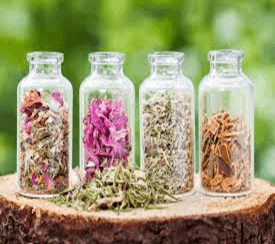
Robert Tisserand, of the Tisserand Institute sums it up for me when he says:
‘risk needs to be balanced with benefit. If every substance that has caused at least one known allergic reaction was forbidden in personal care products, there would be no personal care products, and if every essential oil was used at a level that presented zero risk, there might be no benefits at all’.


